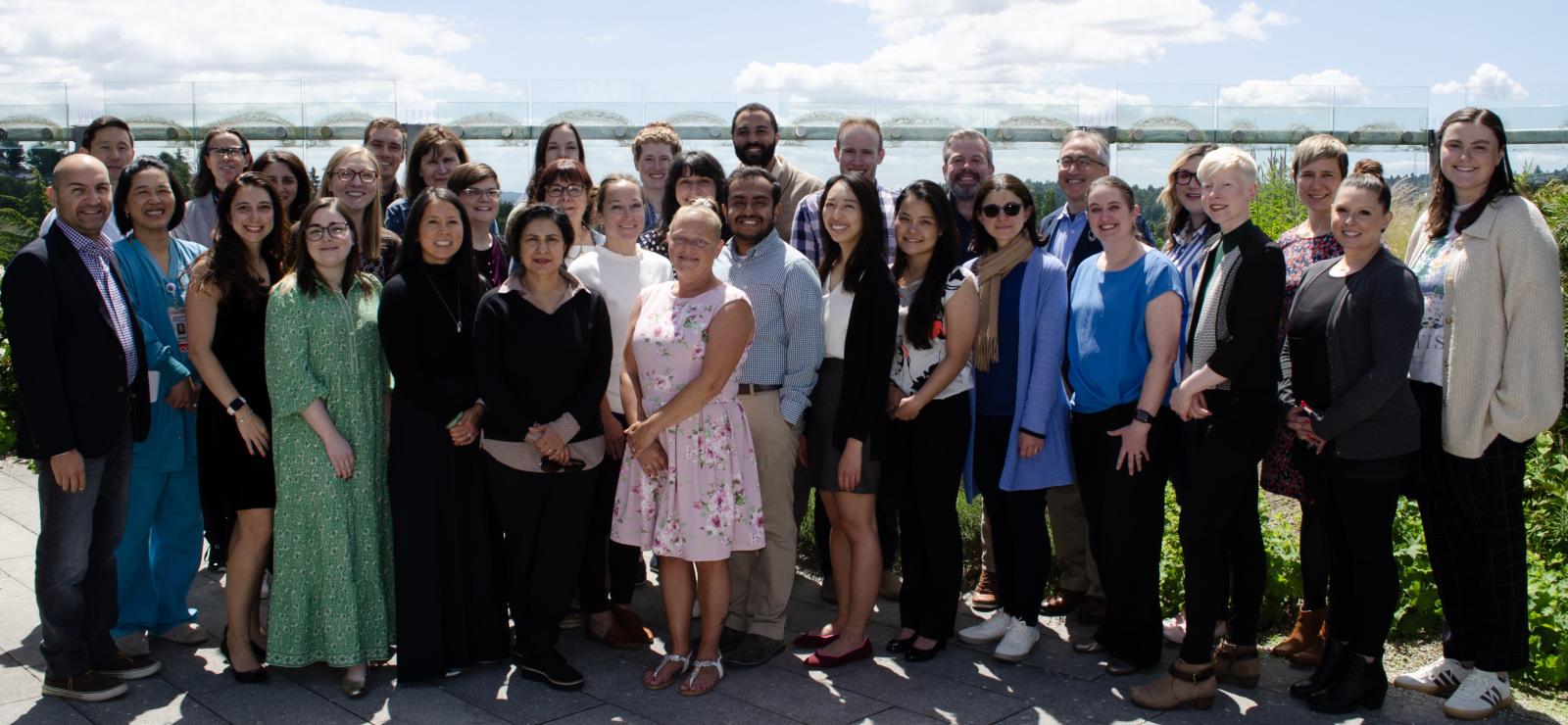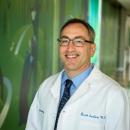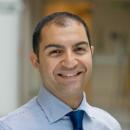Objectives
The objectives of The Advanced Inflammatory Bowel Disease Fellowship are:
- To train pediatric gastroenterologists who are specialists in the delivery of skilled and comprehensive medical care to pediatric patients with IBD
- To train pediatric gastroenterologists who are experts in:
- IBD epidemiology, pathogenesis, diagnostics, and natural history
- IBD nutrition
- Psychosocial aspects of IBD care
- IBD therapies and therapeutic drug monitoring
- Maintenance of remission/preventative care
- To prepare the individual for leadership roles within academic settings and within advocacy organizations
- To train pediatric gastroenterologists who can develop care delivery systems and medical homes for the comprehensive care of pediatric patients with IBD using effective collaborations consisting of:
- Members of the care team (social workers, psychologists, dieticians, IBD nursing staff)
- Other physicians and providers within the pediatric IBD community
- To equip the individual with life-long learning skills and opportunities through continuing medical education
Additional Information
- IBD Center at Seattle Children's
- Research at the IBD Center
- This advanced IBD Fellowship program is recognized by the


This is a 1-year fellowship which consists of clinical activities in both the outpatient and inpatient settings. Seattle Children's Inflammatory Bowel Disease Faculty is committed to the education of trainees to develop clinical comfort and expertise in IBD while promoting independence and autonomy through a supervised training program. Our SCH IBD outpatient ambulatory setting has dedicated multidisciplinary IBD care with physicians dedicated to providing IBD care along side dedicated IBD nurses, nutritionists, psychologist, social worker, and physician assistant.
Fellows will attend four to five half-day IBD clinics per week. They will also rotate through the inpatient IBD service to learn about the management of severe ulcerative colitis and Crohn's disease. Additionally, fellows will also rotate through electives related to IBD care such as Nutrition, Radiology, IBD Surgery, Pathology, and adult IBD care at University of Washington. They also have dedicated research time and will be expected to be academically productive with manuscripts and presentations.
Requirements:
- All applicants for the Advanced Inflammatory Bowel Disease Fellowship program must have completed a fellowship in pediatric Gastroenterology, Hepatology, and Nutrition from an ACGME-accredited program or Canadian equivalent prior to start date.
- Applicant should send the following to the contacts below:
- CV
- Two - page Personal Statement describing the Candidate’s background and Career Goals and Objectives
- Two letters of recommendations (one of which from the fellowship director)
- Select applicants will be interviewed virtually by faculty members from the Seattle Children’s Hospital Center for Inflammatory Bowel Disease
Seattle Children's Hospital

Seattle Children's Hospital is both a community hospital for greater Seattle and the pediatric referral center for the Northwest providing excellent pediatric care to meet the medical, surgical and developmental needs of children in the WWAMI region (Washington, Wyoming, Alaska, Montana, and Idaho). Serving as the main clinical training site for pediatric residents, this 423-bed hospital is conveniently located 1.5 miles from the University of Washington campus in a residential neighborhood of Seattle. The staff consists of University faculty and Seattle Children's full-time physicians.
Additional Information
University of Washington Medical Center (UWMC - Montlake)

UWMC is a 450-bed teaching and research hospital offering comprehensive care including complete medical, surgical, ob-gyn, and psychiatric services and is rated as one of the top-10 hospitals in the U.S. Patients are referred from the UW Medicine sites and from community practitioners from the WWAMI region. The nearly 400 attending physicians on staff are full-time faculty members of the highly regarded UW School of Medicine.
The University of Washington Department of Medicine, Division of Gastroenterology, serves as an outstanding site for learning key concepts of adult gastroenterology and furthering procedural skills. Our fellows work alongside adult gastroenterology and hepatology providers, fellows of the UW GI fellowship program, and UW medical students. Due to the University's GI programs, the emphasis is on tertiary and quaternary care, and furthering procedural experience.
GI specific educational collaborations between our group at Seattle Children's and the UW GI groups include weekly lectures, GI Grand Rounds, Mortality and Morbidity, Journal Club, and multiple other educational opportunities.
Seattle Children's Research Institute (SCRI)

As one of the nation's top five pediatric research centers, Seattle Children's Research Institute is dedicated to providing hope, care and cures to help every child live the healthiest and most fulfilling life possible. With one million square feet of clinical, laboratory and office space, a workforce of over 2,400 people and over $253 million in total extramural funding for the 2023 fiscal year, we are working toward the next wave of lifesaving discoveries.
The research institute is organized into centers, specializing in areas that include immunotherapy, tissue and immune transplantation, outcomes research, clinical and translational research, and child health and behavior. Researchers work in close collaboration with one another, their colleagues at partner institutions including the University of Washington and Fred Hutch Cancer Center and our healthcare providers at Seattle Children's Hospital. This collaboration allows our faculty to draw on a variety of disciplines and techniques as they pursue solutions to some of medicine's most complex problems.
Fellowship Leadership
Monica Langsted
Fellowship Program Coordinator
Seattle Children's
PO Box 5371
M/S: OB 9.620
Seattle, WA 98145-5005








